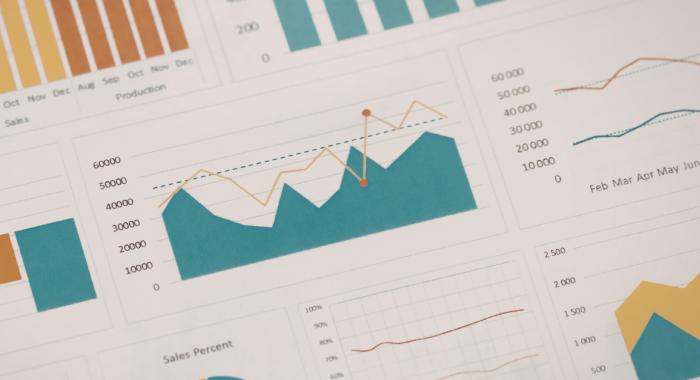B2B and B2C data sharing
The Data Act grants users of connected products the right to access data generated by those products and to share that data with third parties of their choice.
Manufacturers and service providers must ensure that connected products are designed and configured in such a way that users can exercise their rights easily, securely, and in a structured and commonly used format. The Data Act further establishes specific provisions governing circumstances in which data holders are obligated to grant access to data upon request by authorized data recipients. While facilitating greater data availability and fostering data-driven innovation, the regulation also recognizes the rights of data holders to seek reasonable compensation for providing such access, ensuring a fair balance between promoting data sharing and protecting the legitimate interests of data owners.
Contractual fairness
Unfair contractual terms relating to data access, usage, or liability, which have been unilaterally imposed by one undertaking on the another (e.g., deny the other party adequate remedies in case of a breach) are prohibited by the Data Act. A clause is considered unfair if it significantly deviates from established principles of good commercial practice regarding data access and use, thereby breaching the standards of good faith and fair dealing.
The Regulation goes further by explicitly identifying certain clauses as either inherently unfair or presumptively unfair. Clauses falling within the blacklist are categorically prohibited.
To assist stakeholders in ensuring compliance, the European Commission has released non-binding Standard Contractual Clauses (SCCs) and Model Contract Terms (MCTs).
B2G data sharing
The Data Act also foresees for public bodies to access data held by private entities under certain terms and conditions where there is an exceptional need. This means that a public sector body may oblige a data holder to make available certain data without undue delay to respond to a public emergency.
Cloud switching
The Data Act aims to enhance competition in the market for cloud and edge services requiring providers to facilitate customer switching between different data processing services. As from 12 January 2027 all switching costs must be eliminated. As a result, providers will not be able to charge their customers for the operations that are necessary to facilitate the switching between data processing services (for a more in-depth analysis, please refer to our previous e-zine).





